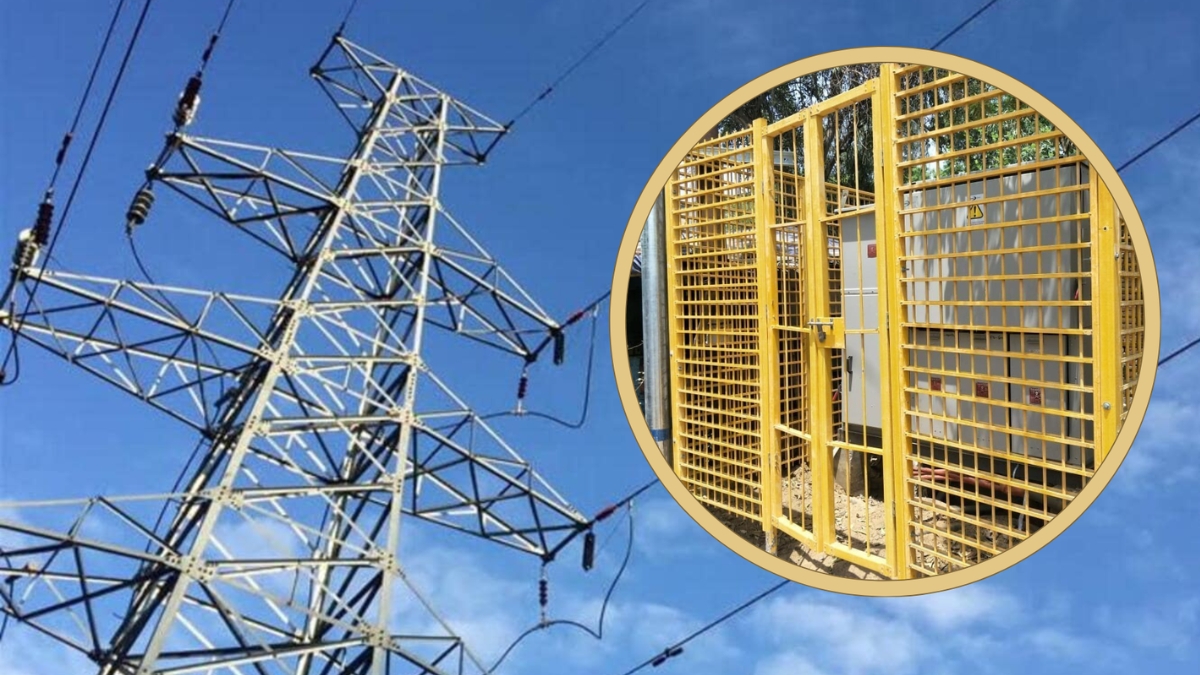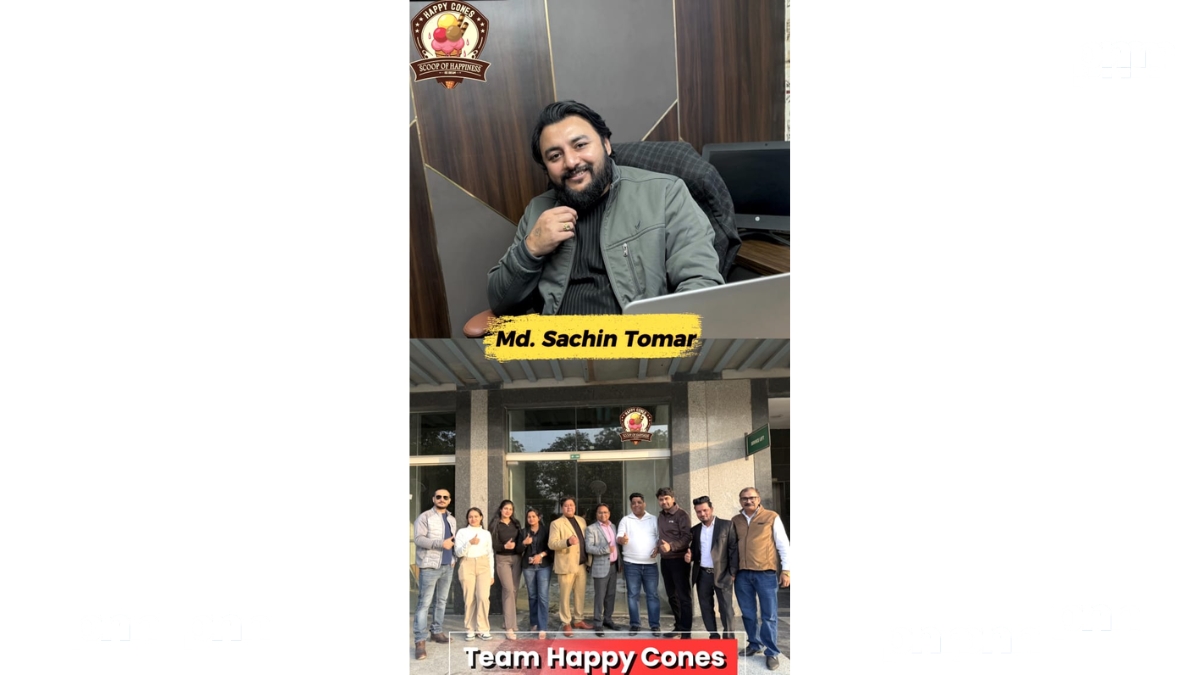Mumbai (Maharashtra) [India], September 20: Maharashtra’s ambitious plan to introduce FRP (Fibre Reinforced Plastic) fencing around distribution transformers, touted as a first-of-its-kind safety measure, is facing pushback from industry players who say the tender conditions are too restrictive and risk shutting out most capable vendors.
The Maharashtra State Electricity Distribution Company Limited, Mumbai (MSEDCL Mumbai) recently floated the tender, but its pre-qualification requirements have raised eyebrows. According to industry insiders, the criteria are so narrow that only a handful of companies can participate, with one Gujarat-based firm meeting them fully. This, they argue, undermines the very objective of fostering innovation and competitive pricing in a project of such scale.
“The current eligibility conditions virtually eliminate competition. A project of this importance should not be reduced to a contest between one or two firms,” said an industry observer, adding that restrictive norms could inflate costs and create monopolistic conditions.
Agni FRP, a Gujarat-based company active in the FRP solutions sector, has written to MSEDCL Mumbai’s Chief Engineer urging amendments to the tender. The company has recommended raising the joint venture partner limit from two to three, lowering the experience requirement from 25,500 meters to 16,900 meters, and easing the work order percentage thresholds. Such changes, it argues, would allow more vendors to qualify, ensuring broader participation and healthier competition.
Industry experts echo these concerns. They point out that FRP fencing is a relatively new technology in India, with limited deployment experience across states. Restricting the pool of bidders at this stage, they warn, risks inflating costs and slowing down execution. “MSEDCL Mumbai stands to gain from wider participation, better quality solutions, competitive bids, and faster delivery. Restrictive tendering goes against these objectives,” said a sector analyst.
The stakes are high. If executed well, the FRP fencing initiative could set a benchmark for public safety and infrastructure protection across India. But if the process remains limited to a select few firms, critics fear it could compromise both value for money and the long-term sustainability of the project.
For now, all eyes are on MSEDCL Mumbai’s response. Will it heed industry calls to revise the norms and open the tender to more players, or proceed with conditions that favor only a handful of companies? The answer could decide whether Maharashtra’s pioneering safety drive becomes a national model or a cautionary tale in restrictive tendering.
If you have any objection to this press release content, kindly contact [email protected] to notify us. We will respond and rectify the situation in the next 24 hours.




